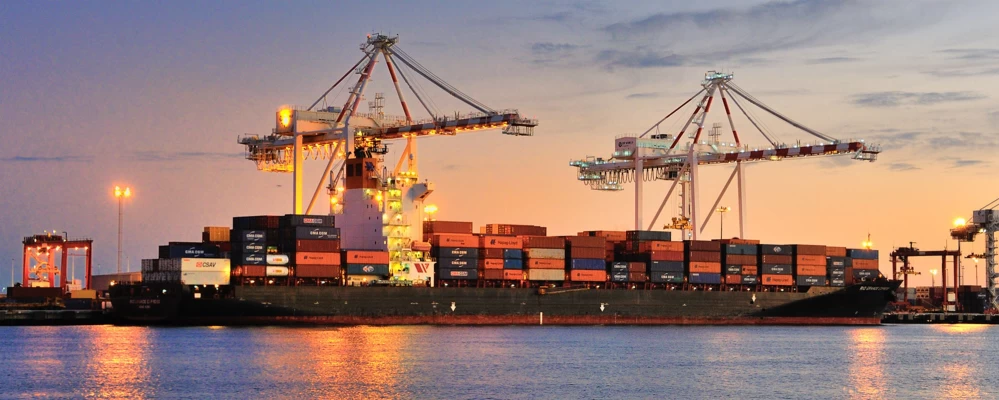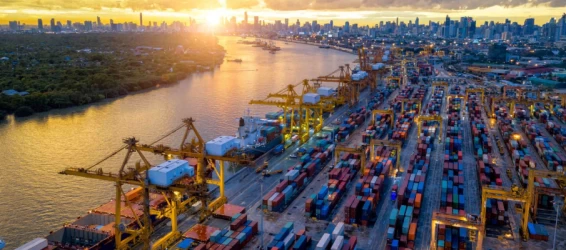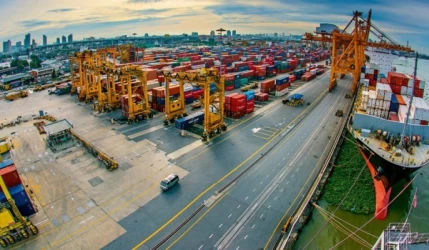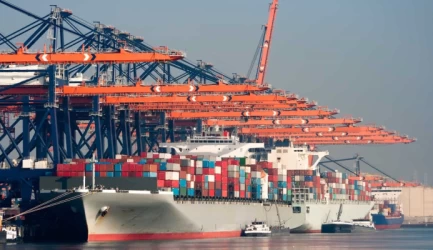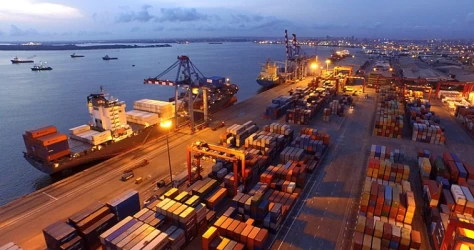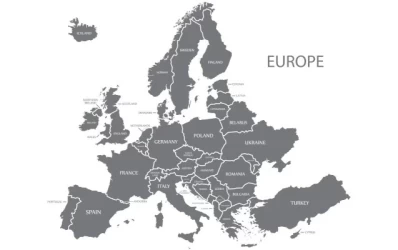Sea Freight in the port of Fremantle
Fremantle Port, located in Western Australia, is a pivotal maritime gateway that plays a crucial role in the region’s economy. As a major port, it handles a diverse range of cargo, including containerized goods, bulk commodities, and break-bulk cargo. This article delves into the various aspects of Fremantle Port’s sea freight operations, highlighting its infrastructure, services, and significance in global trade.
Historical Background
Fremantle Port has a rich history dating back to the 19th century. Established in 1829, it has evolved from a modest harbor into a modern, world-class port. Over the years, the port has undergone significant expansions and upgrades to accommodate the growing demands of international trade.
Infrastructure and Facilities
The port boasts state-of-the-art infrastructure designed to handle a wide variety of cargo efficiently. Key facilities include:
- Container Terminals: Equipped with advanced cranes and automated systems, these terminals ensure the swift handling of containerized cargo.
- Bulk Handling Facilities: Specialized equipment and storage areas cater to bulk commodities such as grain, minerals, and petroleum products.
- Break-Bulk Cargo Facilities: These facilities are designed for goods that cannot be containerized, such as machinery, vehicles, and oversized items.
- Warehousing and Storage: Ample warehousing space is available for the temporary storage of goods, ensuring smooth logistics operations.
Sea Freight Services
Fremantle Port offers a comprehensive range of sea freight services to meet the diverse needs of its clients. These services include:
- Import and Export Handling: The port efficiently manages the import and export of goods, ensuring timely and secure transportation.
- Customs Clearance: Streamlined customs procedures facilitate the swift clearance of goods, minimizing delays.
- Freight Forwarding: Experienced freight forwarders provide end-to-end logistics solutions, including transportation, documentation, and warehousing.
- Cargo Tracking: Advanced tracking systems enable clients to monitor the status and location of their shipments in real-time.
Environmental Sustainability
Fremantle Port is committed to environmental sustainability and has implemented various initiatives to minimize its ecological footprint. These include:
- Emission Reduction: The port has adopted measures to reduce greenhouse gas emissions, such as using cleaner fuels and optimizing vessel operations.
- Waste Management: Comprehensive waste management programs ensure the proper disposal and recycling of waste materials.
- Biodiversity Conservation: Efforts are made to protect the local marine ecosystem and biodiversity through responsible port operations.
Economic Impact
The port’s strategic location and efficient operations have a significant impact on the regional and national economy. Key economic contributions include:
- Job Creation: Fremantle Port generates employment opportunities in various sectors, including logistics, transportation, and warehousing.
- Trade Facilitation: The port’s capabilities enhance trade connectivity, enabling businesses to access global markets and expand their reach.
- Revenue Generation: The port contributes to government revenue through taxes, fees, and other charges associated with its operations.
Future Developments
Fremantle Port continues to invest in infrastructure and technology to meet the evolving needs of the maritime industry. Future developments include:
- Expansion Projects: Plans are underway to expand container terminals and bulk handling facilities to accommodate increasing cargo volumes.
- Digitalization: The port is embracing digital technologies to enhance operational efficiency, including the implementation of smart port solutions and automation.
- Sustainability Initiatives: Ongoing efforts to further reduce environmental impact and promote sustainable practices in port operations.
Conclusion
Fremantle Port stands as a testament to the importance of efficient and sustainable sea freight operations. With its advanced infrastructure, comprehensive services, and commitment to environmental stewardship, the port continues to play a vital role in facilitating global trade and driving economic growth. As it looks to the future, Fremantle Port remains dedicated to innovation and excellence in the maritime industry.
I hope this article provides a comprehensive overview of Fremantle Port’s sea freight operations. If you need more specific details or have any other questions, feel free to ask!

